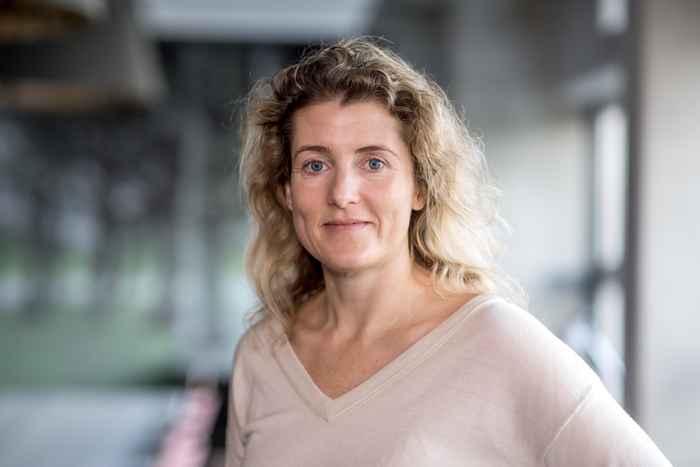Floor Alkemade (Feb 2023 - Jun 2023)
Professor of Economics and Governance of Technological Innovation at Eindhoven University of Technology

My research
Staying within a maximum global warming of 1.5 degrees requires an acceleration of the transition to a low-carbon society. Current theory views such sustainability transitions as inevitably slow, as they require interdependent changes throughout socio-technical systems. The observation that energy transition scenarios systematically underestimate the diffusion of key technologies challenges this view. Existing models that form the basis for energy transition scenarios do not include the positive feedbacks resulting from the interactions between civil society and energy transitions. Yet these interactions have been identified as important drivers and barriers of energy transitions and as crucial in triggering the social tipping dynamics that can accelerate the energy transition. Social tipping dynamics in energy transitions occur when a small change or intervention has a large effect on emission reductions. To date, some examples of social tipping dynamics have been identified, but both a systematic understanding of the mechanisms underlying social tipping dynamics and an evaluation of their potential policy leverage are missing. The overall objective of the FAST project is to explain and model social tipping dynamics and interventions in energy transitions. This requires a model that explains how the social factors influencing sustainability transitions scale up to realize social tipping dynamics. FAST will use a novel combination of bottom-up agent-based modeling and top-down diffusion modeling to capture the interactions in socio-technical systems that create tipping dynamics.
IAS Fellowship
In 2023 I will conduct a large longitudinal survey to gather empirical data on these processes. I would like to use the IAS fellowship to, in collaboration with IAS researchers from different disciplines, develop stylized models that explore the mechanisms underlying changes in norms and behavior. Using these models, we can then generate different hypotheses to be tested using the survey data. Survey design will thus depend on the outcomes of the fellowship. In addition, I hope to also develop some longer-term collaborations to further analyze the survey outcomes in later years.